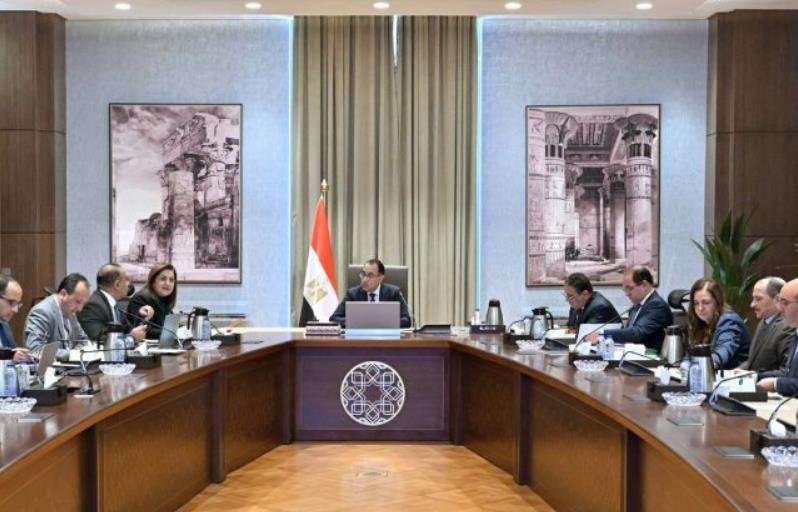Egypt’s President Abdel Fattah El Sisi has overseen a significant cabinet reshuffle, marking a new chapter for the country’s economy. The reshuffle, which took place on July 3rd, 2024, saw the appointment of new ministers and the merging of several ministries. This move aims to enhance government efficiency, boost economic development, and improve the well-being of Egyptian citizens. As the new cabinet settles in, all eyes are on its ability to deliver on these ambitious goals.
The recent ministerial reshuffle brought several new ministers and merged certain ministries to streamline government operations. Dina Samir ElWakkad, an economics instructor and economist, noted that this change came at the right time, with President El-Sisi focusing on industry, health, and health insurance. The creation of the Deputy Prime Minister for Industrial Affairs role indicates a priority for shifting from a rentier economy to production and adding value to domestic resources.

Merging ministries is expected to create more synergies, reduce costs, eliminate duplication, streamline processes, improve coordination, and enhance service delivery. For example, merging the Ministry of Planning and Economic Development with the Ministry of International Cooperation aims to align investment projects with external funding and investors’ appetites. However, economist Karim Nassar warns that if not managed effectively, these synergies might lead to unintended bureaucracy and hinder the decision-making process.
The new cabinet also includes the appointment of Hala Elsaid, the former Minister of Planning and Economic Development, as Adviser to the President for Economic Affairs. This advisory role is expected to provide strategic guidance on economic policies and reforms, further supporting the government’s efforts to enhance economic stability and growth.
Focus on Economic Development
The reshuffle reflects a renewed focus on economic development, with several key appointments aimed at driving growth and attracting investments. Prime Minister Mostafa Madbouly announced that the new cabinet would form ministerial groups to address key areas, including the economy, industry, and energy. This strategic approach aims to create a more productive workforce and a brighter economic future for the nation.
One of the key goals is to reduce the number of government entities and increase efficiency. By merging ministries and creating new roles, the government aims to streamline operations and improve service delivery. For instance, Rania Al-Mashat was appointed Minister of Planning, Economic Development, and International Cooperation, while Kamel Al-Wazir was named Deputy Prime Minister for Industrial Development and Minister of Industry and Transport. These appointments are expected to drive economic reforms and attract both domestic and foreign investments.
The government also plans to focus on completing ongoing infrastructure and service projects nationwide. This includes addressing persistent power outages, which have been a major concern for businesses and residents alike. By improving infrastructure and ensuring reliable services, the government aims to create a more favorable environment for economic growth and development.
Enhancing Citizen Well-being
Improving the well-being of Egyptian citizens is a central goal of the new government program. The reshuffle aims to create a government that interacts extensively with society and citizens, promoting transparency and responsiveness. By reducing bureaucracy in favor of technology, the government hopes to enhance service delivery and improve the overall quality of life for Egyptians.
The new cabinet’s focus on health and health insurance is expected to play a crucial role in enhancing citizen well-being. By prioritizing healthcare reforms and expanding access to health services, the government aims to address the healthcare needs of the population and improve health outcomes. This approach is expected to contribute to a healthier and more productive workforce, further supporting economic growth.
Additionally, the government plans to implement policies that promote social justice and inclusivity. By ensuring that all citizens have the opportunity to participate in and benefit from the country’s economic development, the government aims to create a more equitable and cohesive society. This focus on social justice is expected to enhance national cohesion and support the government’s broader economic and social goals.
